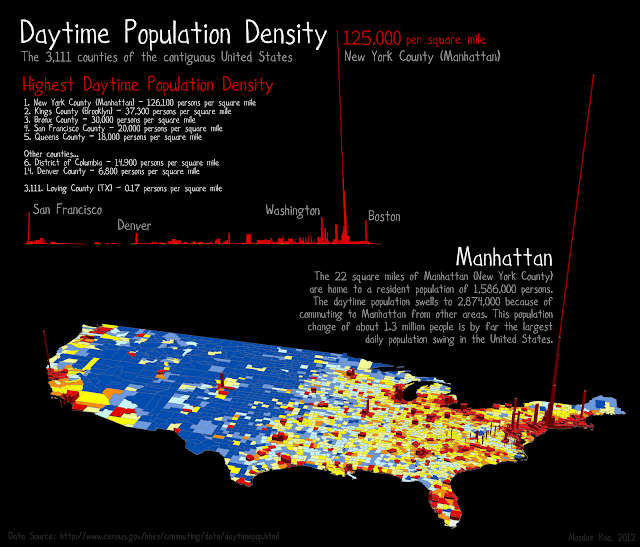Here are some interesting snippets (They might look obvious to some of you. But do they look obvious to you mayor?)
- What creates traffic is not the number of cars, is the number of trips and the length of trips.
- Mobility and Traffic Jams are total different problems that require different solutions. Reducing car use is different than solving Traffic Jams.
- To solve Traffic Jams is, in fact, to facilitate car use.
- The only way to solve Mobility is with public transport. This will solve Mobility but not Traffic Jams.
- The only way to solve Traffic Jams is restricting car use. And the most obvious way to restrict car us is restrict parking.
- To park is not a Constitutional right anywhere.
- For public transport the most important thing is Density.
*ps2. He didn't say much (nothing) about land use... I missed that.





